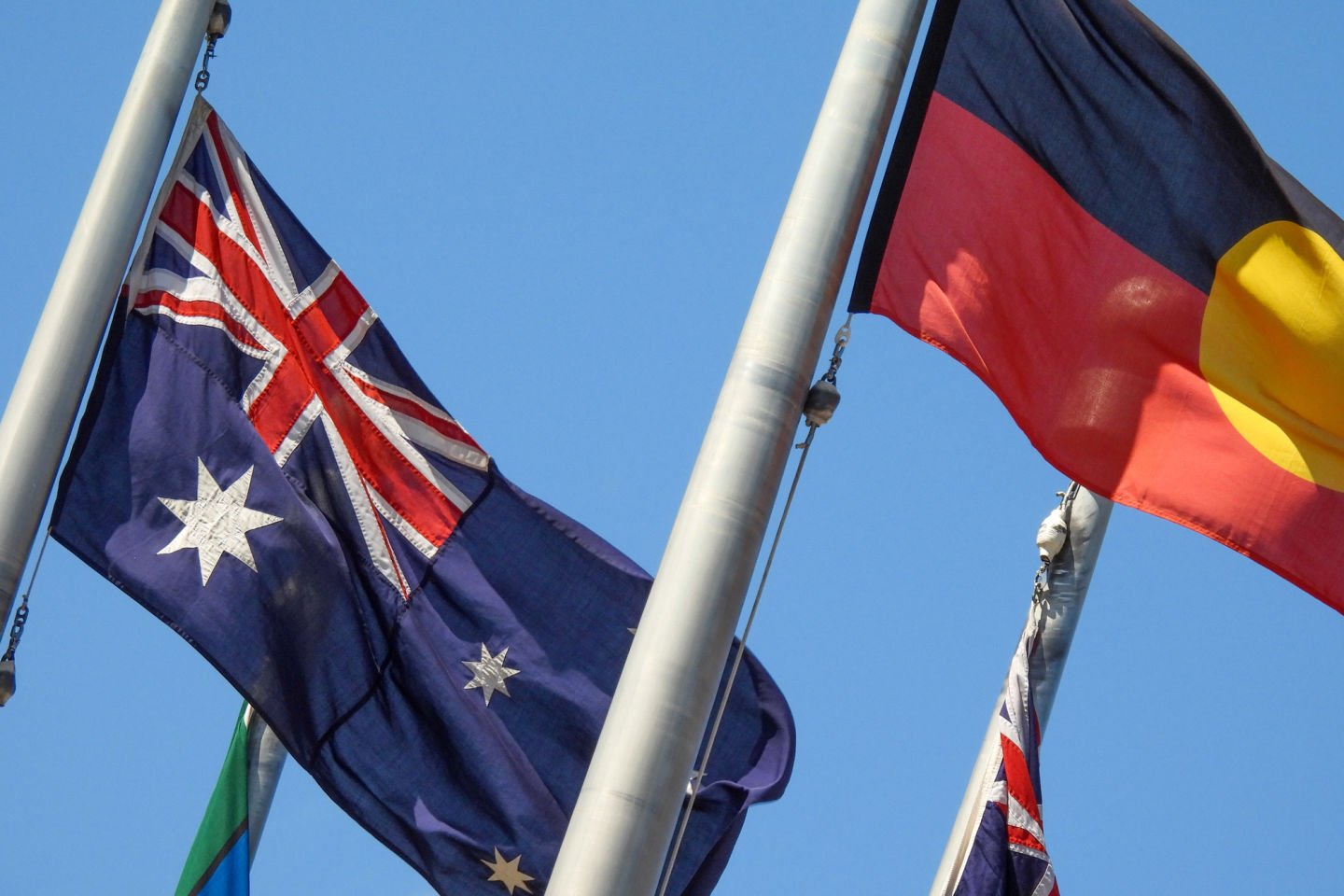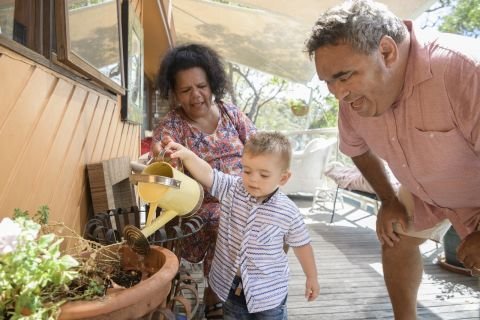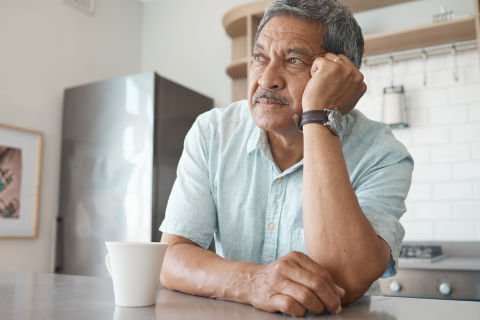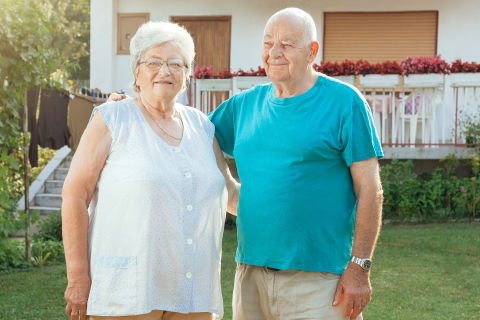Recognising and healing the past to build a better tomorrow
A new report about truth-telling and recognition describes 25 community initiatives from across Australia.

The Alfred Deakin Institute for Citizenship and Globalisation, together with Reconciliation Australia, recently published a new report, Recognising community truth-telling: An exploration of local truth-telling in Australia.
The report documents grassroots perspectives on “truth-telling” – talking truthfully about Australian history and its legacy in the present – and how truth-telling contributes to reconciliation.
Diverse Australian groups had been invited to contribute their experiences to the community truth-telling research project, including National Seniors members via a November 2022 invitation in Connect.
According to the report, many advocates of truth-telling processes believe reconciliation is built on “Aboriginal and Torres Strait Islander and non-Indigenous communities creating new relationships through truth-telling, in recognition that often these relationships have never existed before or are in need of fundamental repair.”
The latest Australian Reconciliation Barometer, which measured national sentiment in 2022, shows 83% of Australians believe it is important to undertake formal truth-telling processes to acknowledge the reality of Australia’s shared history.
The report is an Australian first in that it systematically describes 25 community truth-telling initiatives drawn from across the country, with examples from every state in Australia, the Northern Territory and the Torres Strait.
Recognising colonial violence.
Recognising Aboriginal and Torres Strait Islander sovereignty, self-determination, and agency.
Recognising Aboriginal and Torres Strait Islander cultures, contributions, and resilience.
Redress, healing, and reconciliation.
It concludes with some principles that make truth-telling initiatives successful, including:
Centring First Nations leadership, agency and sovereignty.
Being informed by First Nations knowledge.
Partnering with non-Indigenous Australians.
Framing truth-telling as an active process, as “truth-doing”.
Founding partnerships on principles of respect, trust and collaboration.
Ensuring processes are open, safe, experiential, and ongoing.
Recognising truth-telling works best when it is localised and when it enables diverse and creative approaches, appropriate for each specific circumstance.
Ms Karen Mundine, CEO of Reconciliation Australia and a Bundjalung woman, launched the report on 7 September.
“This is what reconciliation is,” she said. “Recognising and healing the past so that we can build a better tomorrow.”
At the report launch, Elders Aunty Patsy Cameron (Pairebeenne Trawlwoolway), Aunty Enid Tom (Kaurareg), and Uncle Michael James “Widdy” Welsh (Wailwan) spoke movingly about the past, touching on some sad, traumatic, and difficult historical events that need to be talked about.
“We need to tell the truth,” Uncle Widdy Welsh said. “We can’t go any way at all until the truth is told.”
Non-Indigenous truth-telling participant Peter Jones also spoke at the launch, urging non-Indigenous Australians to learn more about this country’s history and to play an active role in truth-telling and reconciliation.
“Be patient, be present, and take part when you can,” Mr Jones said. “Don’t be afraid, find out, get involved.”
The report can be downloaded here.






